Healing From Intrusive Thoughts Using Acceptance and Commitment Therapy
Unwanted intrusive thoughts can be a difficult and distressing experience for many people. These thoughts can take on many different forms, from obsessive worries to disturbing images or impulses. They can be triggered by a variety of different situations and can have a profound impact on a person's mental and emotional well-being.
Fortunately, there are a number of effective therapies that can help individuals to manage and overcome these unwanted thoughts. One such therapy is Acceptance and Commitment Therapy (ACT).
ACT is a type of cognitive-behavioral therapy that is based on the idea that rather than trying to eliminate unwanted thoughts or feelings, we should learn to accept them and focus on taking actions that are consistent with our values and goals. This approach can be particularly helpful for individuals who are struggling with intrusive thoughts, as it provides a framework for managing these thoughts in a more constructive and productive way.
Here are some key strategies that can be used in ACT to help overcome unwanted intrusive thoughts:
Mindfulness: Mindfulness is a key component of ACT, and involves learning to be present and fully engaged in the present moment. This can help individuals to observe their thoughts and emotions without getting caught up in them, and can help to reduce the impact that intrusive thoughts have on their mental and emotional state.
Defusion: Defusion involves learning to recognize and detach from our thoughts, rather than getting caught up in them. This can be particularly helpful for individuals who are struggling with intrusive thoughts, as it allows them to observe these thoughts without getting sucked into a cycle of rumination or anxiety.
Values-based action: In ACT, individuals are encouraged to focus on taking actions that are consistent with their values and goals, rather than trying to eliminate unwanted thoughts or feelings. This can help to provide a sense of purpose and direction, and can help individuals to feel more in control of their thoughts and emotions.
Acceptance: Acceptance is a key component of ACT, and involves learning to accept and embrace all of our thoughts and feelings, even those that are uncomfortable or unwanted. By learning to accept these thoughts, individuals can reduce the impact that they have on their mental and emotional state, and can begin to focus on taking actions that are consistent with their values and goals.
Mindful exposure: Mindful exposure involves gradually exposing oneself to the thoughts or situations that trigger unwanted thoughts, while remaining fully present and engaged in the present moment. This can help individuals to become more comfortable with these thoughts and to reduce their impact over time.
Overall, Acceptance and Commitment Therapy can be an effective tool for individuals who are struggling with unwanted intrusive thoughts. By learning to accept these thoughts and focus on taking actions that are consistent with their values and goals, individuals can reduce the impact that these thoughts have on their mental and emotional well-being, and can begin to lead a more fulfilling and satisfying life.
All of our therapists are trained in overcoming unwanted intrusive thoughts. To start therapy, schedule a free consultation with us today

